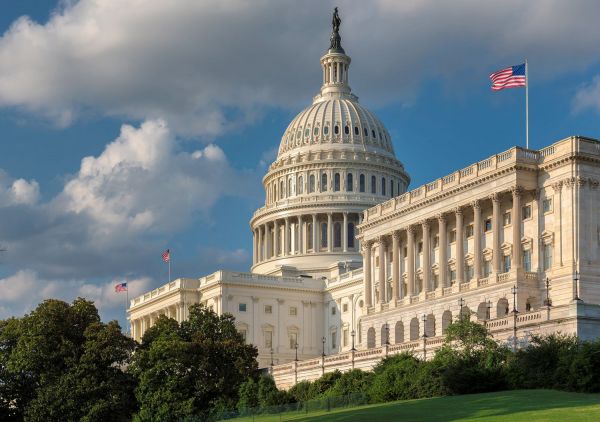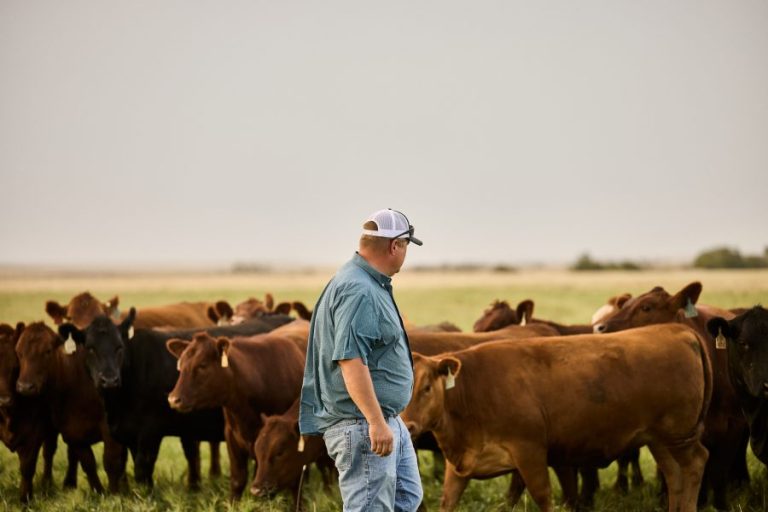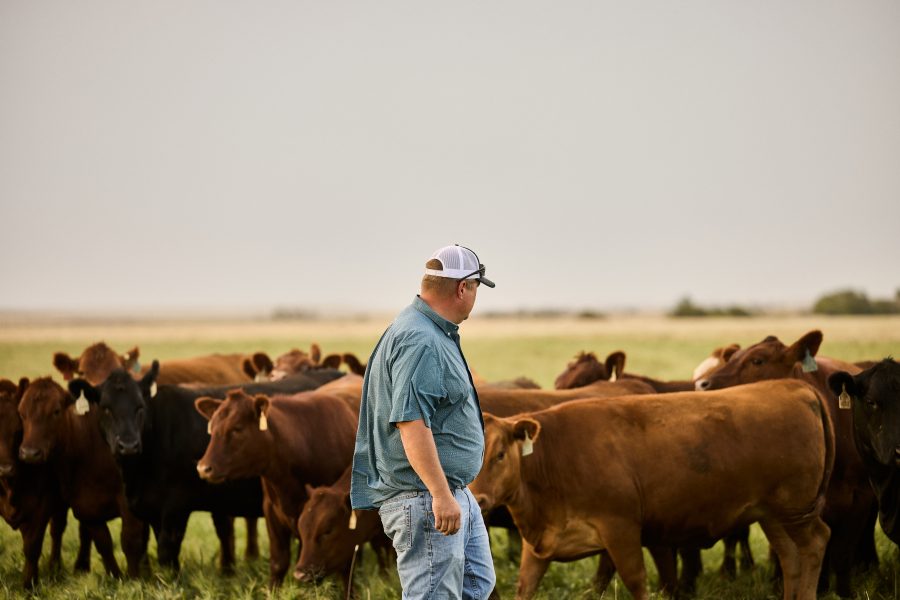WASHINGTON, D.C. – USDA Secretary Tom Vilsack suggests the U.S. needs to tone down its anti-China rhetoric or else billions in U.S. farm exports to China could be on the chopping block… From TikTok to China’s spy balloon to its hacking and aggression in the Pacific, U.S. officials and lawmakers have pushed back against Beijing for months.
But Secretary Tom Vilsack said at an Agri-Pulse forum the criticism may be getting out of hand.
“We have an interesting conversation going on in this country about China. It’s pretty hard for the Chinese – and this was expressed to me when I met with the Chinese Ag minister – it’s pretty hard for them to understand that they’re the number one Ag customer for U.S. products. That’s not how you would see it based on the rhetoric that we see today,” Vilsack said.
Vilsack urged a “nuanced and thoughtful conversation about China.” Otherwise, he said the U.S. could jeopardize its nearly 40-billion-dollar farm export trade with Beijing, which fell to $29 billion last year. But Iowa Senator and former chair of the Finance Committee that covers trade Chuck Grassley thinks Vilsack is only “half right”.
“I think you have to be kind of careful how you talk to China, but I think we’ve been too easy on them, and I think China could retaliate against our ag exports to them,” Grassley said. “But if they do buy more from Argentina and Brazil, there’s going to be opportunities for us to fill the void of where that grain would have otherwise gone.” Grassley said China will always need to import enough food to feed its people. But when it comes to U.S. national security versus farm exports, Grassley feels the U.S. must ‘stand up to China.’
 South Dakota’s Largest Importer of Ag Products Isn’t Welcome In the State 〉
South Dakota’s Largest Importer of Ag Products Isn’t Welcome In the State 〉
Foreign Ownership Restricted In South Dakota, Leasing Option Remain Available 〉
South Dakota Ag Official Says Chinese Spies Have Been In State 〉
In related news, USDA Secretary Tom Vilsack told House Ag lawmakers recently that no matter how much Congress tries, USDA’s tracking of China’s farmland buys in the U.S. will always be wanting.
China’s U.S. farmland buys and its nefarious hacking, IP thefts of seed genetics, and data breaches have raised U.S. concerns to a fever pitch and prompted recent sanctions against CCP actors. But Secretary Vilsack warns there’s just so much USDA can do to track Beijing’s buys of U.S. farmland.
Vilsack says, “No matter how much money you give us, it will always be imperfect for this reason: there are over three thousand county recorder offices around the country. Every county has a recorder’s office. It would require us to have a centralized database where every real estate transaction would essentially be put into a database to look at.”
But Vilsack says USDA’s moving ahead with other efforts, including on the GAO’s recommendation to work more closely with agencies linked to the Treasury-led Committee on Foreign Investment in the U.S.
He says, “I made a request of the Treasury Department for us to be more engaged in issues involving agribusiness, agriculture, farmland, and we have. We’ve been engaged and involved in a number of projects. We appreciate the fact that in this 2024 budget that was recently passed, it provided resources for the first time directly assisting us to expand staffing for that purpose.”
Vilsack says the USDA is also expanding its review of loans and tax records to identify foreign land purchases. But in another cautionary note, Vilsack says Congress directed USDA to set up a web portal for data but never provided the funds to do it.












